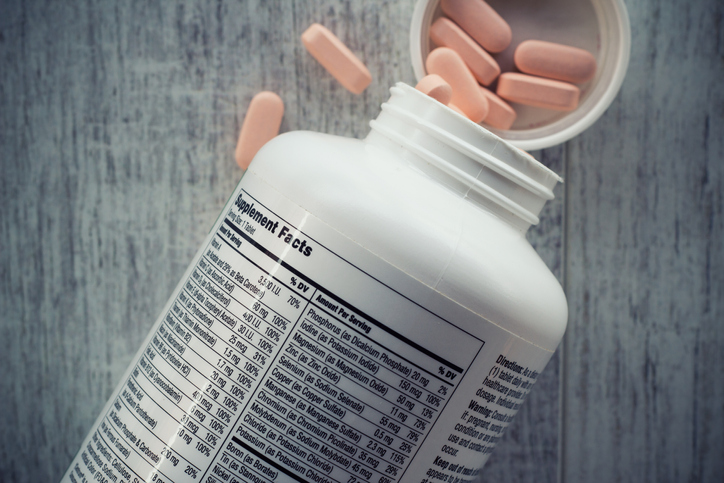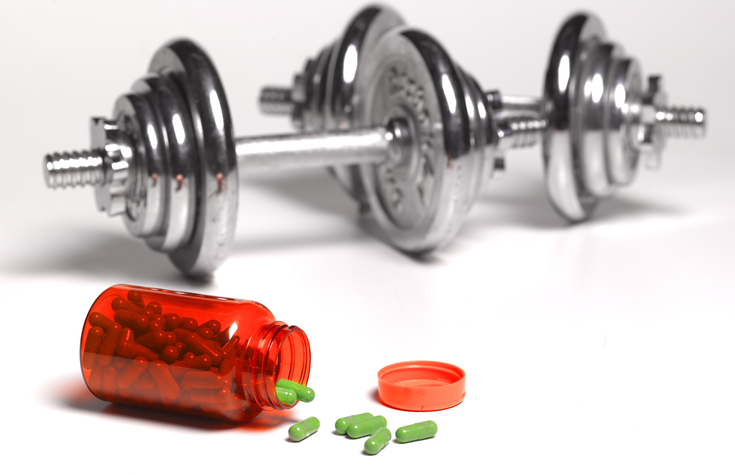If You Can’t Always Trust Labels, How Do You Supplement Safely?

By Joy Stephenson-Laws, JD, Founder
I came across a recent study that analyzed ingredients in popular sports supplements. The results were shocking!
Researchers looked at 57 sports supplements purchased online. They discovered that 89 percent of these supplements were labeled inaccurately, and 12 percent included banned drug substances which were not even disclosed on the labels. What good are labels if they aren’t even truthful?
“Despite the many health and wellness claims surrounding supplements, they are not covered under the strict regulatory rules regarding dose-specific medications,” according to this Medical Xpress report that discusses the study.
“Instead, the US Food and Drug Administration (FDA) lists them as a food subcategory. As seen in this study, the synthetic drugs being slipped into supplements are not food or botanical ingredients—they are unapproved pharmaceutical drugs.”
The researchers of the study found that seven of the products had at least one ingredient not approved by the FDA. The following FDA-prohibited ingredients were discovered:
- 1,4-Dimethylamylamine (DMAA)
- Deterenol
- Octodrine (DMHA)
- Oxilofrine
- Omberacetam
I know the names of these ingredients are a mouthful and most likely don’t have any meaning to you, but if you look at the study report you will see that these are ingredients you want to be aware of.
For example, “1,4 Dimethylhexylamine, or 1,4-DMAA, is an analog of 1,3-DMAA which, according to the FDA, is an amphetamine derivative that can raise blood pressure and lead to cardiovascular problems including shortness of breath, chest tightening and heart attack,” reports Medical Xpress.
“Deterenol is a synthetic stimulant, also known as Betaphrine. Deterenol is banned in most countries and not approved for use in humans in the US. Supplements containing deterenol have been linked to adverse events such as nausea, vomiting, sweating, agitation, palpitations, chest pain, and cardiac arrest.”
As you can see, this isn’t something to take lightly.

Some people might not like this, however, my advice would be to avoid sports supplements. I do not think that they are necessary if you have the proper nutrition.
“In general, most athletes do not need supplements of any kind and are best off to get all their calories, healthy proteins, and other vitamins and minerals from real foods,” said Dr. Dana Ellis Hunnes, who was referenced in this report from UCLA Health.
“While there are studies indicating that certain nutrients are beneficial at certain times after training, in general, my experience has shown me as long as you get the right balance of nutrients from whole foods, plenty of calories and hydration, there is no need for any kind of supplement at all."
Furthermore, there are countless stories of professional athletes who have been banned because they took a supplement thinking that it was NCAA approved and then get tested and discover they ingested a banned substance.
Diet really is key. Watermelon is known to be great for athletic performance because it contains an amino acid called L-citrulline.
“L-Citrulline, either synthetic or in watermelon, may improve vascular function through increased L-arginine bioavailability and nitric oxide synthesis,” reports the National Institutes of Health (NIH).
“Recent studies have shown that chronic L-citrulline supplementation increases nitric oxide synthesis, decreases blood pressure, and may increase peripheral blood flow. These changes are paralleled by improvements in skeletal muscle oxygenation and performance during endurance exercise.”
I highly recommend checking out this pH blog on how to fuel your body for physical fitness. It is also a good idea to address any nutritional imbalances or deficiencies in order to perform your best physically and recover efficiently after physical activity. A comprehensive nutrient test will help to identify imbalances, and from there a competent healthcare professional can work with you to make the necessary dietary changes and recommend quality supplements if necessary.
But how can we trust these nutritional supplements?Go for supplements that are third-party tested and, as mentioned, a competent healthcare professional can recommend ones that are safe and have trustworthy labels.
Enjoy your healthy life!
Disclaimer: This article is not intended to provide medical advice. Please consult with your doctor or another competent healthcare practitioner to get specific medical advice for your situation.
The pH professional health care team includes recognized experts from a variety of health care and related disciplines, including physicians, attorneys, nutritionists, nurses, and certified fitness instructors. This team also includes the members of the pH Medical Advisory Board, which constantly monitors all pH programs, products, and services. To learn more about the pH Medical Advisory Board, click here.



